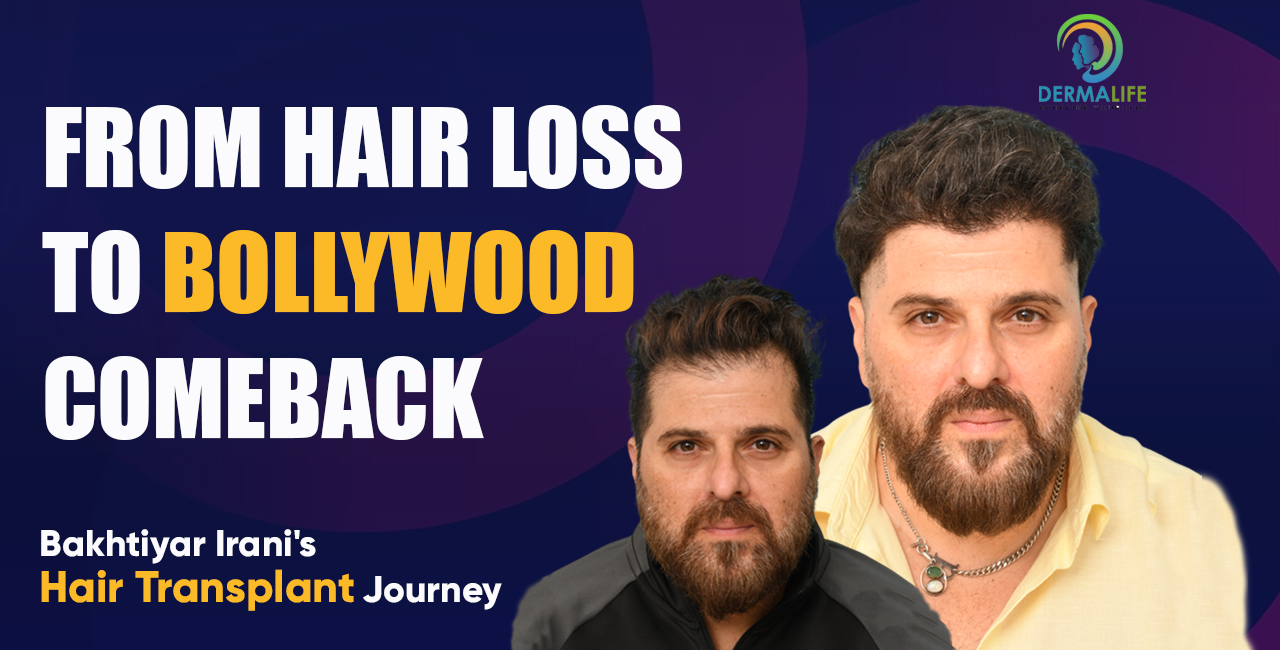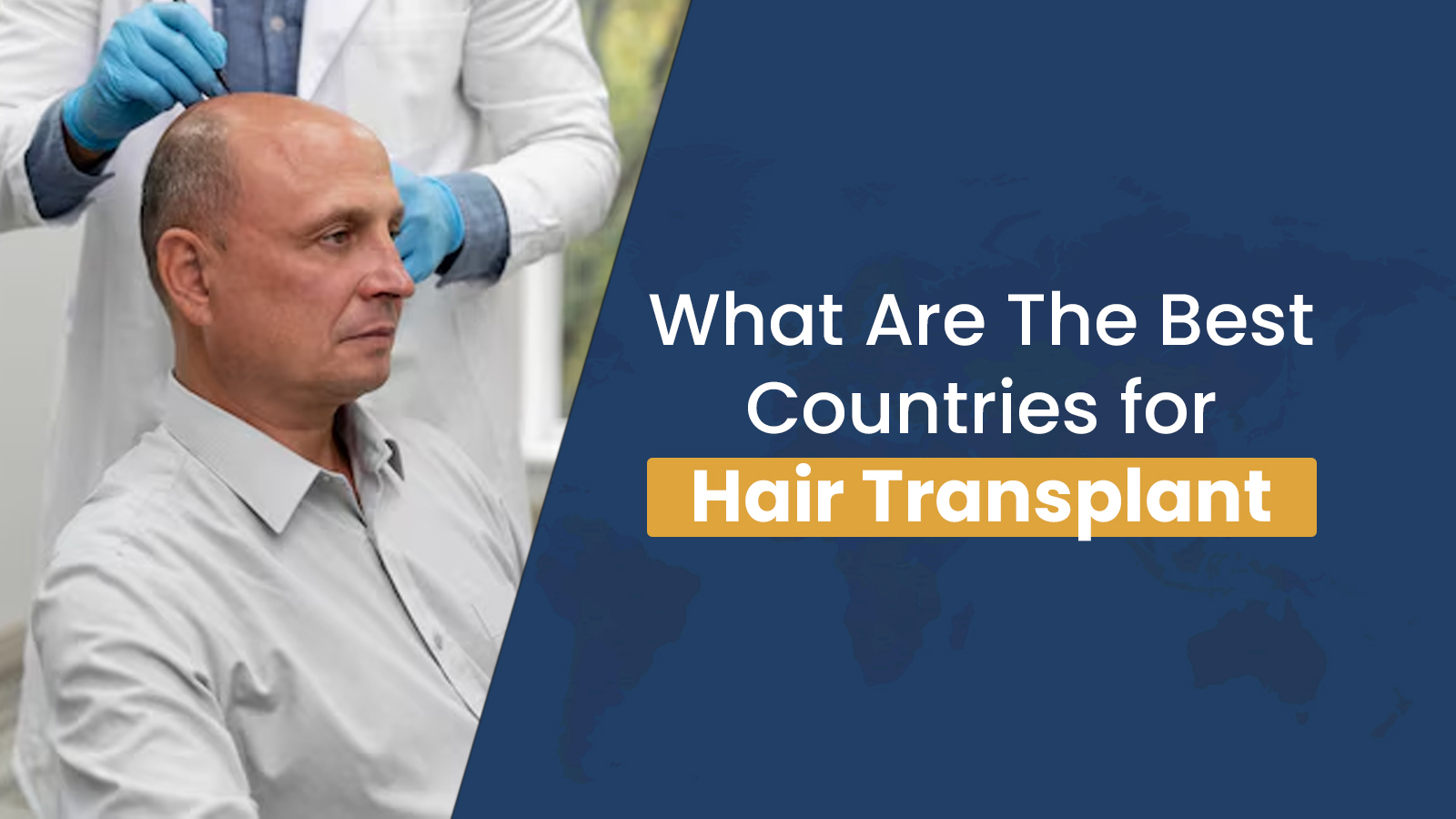Hair transplant has been gaining more popularity ever since its use in the 1950s. With more than 80% of men facing patterned baldness and some as early as in their 30s, the choice of hair transplant technology has become a prominent solution. During a hair transplant, a healthy hair follicle is surgically placed on the area of the head where hair thinning and balding are prevalent. The key to successful hair transplantation is maintaining a healthy hair follicle which depends on many factors such as:
- Preventing hair follicle damage during the extraction and reimplantation process.
- Avoiding smoking.
- Maintaining a healthy diet.
- Keeping the transplanted area moist.
- Avoiding strenuous exercises.
However, the effect of season on hair transplantation procedure has become a general question among the population opting for such procedures. In this short article, we will discuss if seasons impact the effectiveness of the procedure or on its aftercare.
Feel free to skip ahead if one topic catches your eye:
- Does season really matter for hair transplant?
- Benefits of hair transplant in summers
- Misconception about hair transplant in summer
1. Does season matter for hair transplants?
Hair transplants can be done in any season. Though changing seasons has trivial effects, they are not the deciding factor for successful hair transplant results. The desired outcome and success depend greatly on the skill and experience of the transplant surgeon. Experts also suggest that mental preparedness, less stress, and free time are necessary for hair transplant surgery.
Some prefer to have full-grown hair by summer due to their involvement in outdoor activities and hence choose to do the procedure in winter. The best time for a hair transplant depends on the patient’s interest and readiness to do the procedure. Since temperature changes have no effect (unless it’s an extreme condition) on hair transplant results, it is entirely safe to undergo the procedure in summer, winter, morning, evening, or any time of the day.
It is important to take all the necessary precautions to maintain a healthy scalp and a better outcome from the procedure irrespective of the season. Avoiding direct sunlight and skipping swimming for a few weeks after surgery are important during the summer season. However, in winter, it becomes crucial to hydrate your scalp and prevent the occurrence of dandruff regularly. Thus, our ways of post-transplant care depend on the season.

2. Benefits of hair transplant in summer?
One chooses the timing for the hair transplant procedure based on its social aspects and life situations. The right time is when you are ready. While hair restoration procedures are effective during both summer and winter, some prefer summer because of the following benefits. Remember that the benefits and outcome of the procedure are the same irrespective of the season.
- Summer is the time when most people take breaks, even for school, and you get ample time for post-surgery care.
- Ball caps and short hair are an acceptable look in summer, which can conceal the transplant marks.
- Research has suggested that during summer, the regeneration of skin increases which successively helps hair growth.
From an experienced hair transplant surgeon’s point of view, hair transplant is invasive and requires less recovery time. However, it is equally important to take precautions when planning a hair transplant in the summer.
- Avoid direct sunlight as it will hinder the healing process.
- Avoid swimming for a few weeks after the surgery.
- Keeping the head elevated to avoid swelling.
3. Misconception about hair transplant in summer?
A majority of the people who want to do hair transplants withdraw from the idea due to a few misconceptions about hair transplants. Since every individual varies from a biological point of view, hair transplant procedures and time also vary. However, the process has, in general, resulted in a higher percentage of success. Some of the misconceptions can be highlighted in the following points.
It is a general misconception that hair transplant procedures are expensive as they depend on several factors. Approximately, the hair transplant cost in Delhi ranges from Rs. 45,000 to Rs. 1,25,000. You can make payments in installments.
Temporary results: This is a very wrong misconception as the main advantage of hair transplant is near-permanent and long-lasting hair.
No natural look: Hair transplant aims to transplant healthy follicles to the bald area effectively. Since the roots are healthy, they will generate natural-looking hair.
However, concerning seasons, the misconceptions are unrelated to the outcome of the procedures. These can be highlighted in the following points.
Misconception: Summer is the worst time to get a hair transplant.
Seasons do not affect the outcome of the hair transplant. It is the emotional stability and readiness for the procedure, skill of a surgeon, and aftercare that determines the effectiveness of the procedure.
Misconception: Sweating is a problem for transplanted hair.
There is no evidence or patient concerns where they have experienced any dislodging of transplanted hair because of sweating. Sweating is a natural process and not a concern if your hair and scalp are kept clean.
Misconception: The summer season interferes with the healing process.
Once the recovery time set by your surgeon is completed effectively and the treated area is completely healed. Hot and cold temperatures do not affect the transplanted hair. Since the transplanted area is not exposed to extreme temperatures, the usual temperature does not interfere with the outcome.
4. Takeaway
A determined and experienced transplant surgeon greatly enhances the procedure’s outcome. Dr. Gaurav Garg At Dermalife, the experience of leading skin specialists in Delhi along with the futuristic hair transplant technology will provide the utmost care and excellent results to the patients.
Are you considering a hair transplant to address severe hair loss concerns but unsure about the costs involved? Look no further than Dermalife in Delhi for hair transplant costs, where we offer comprehensive consultations and transparent pricing plans tailored to your individual needs. Our team of experienced professionals understands the significance of affordability alongside quality results. From initial assessments to post-operative care, we prioritize your satisfaction and confidence in every step of your hair restoration journey. Contact Dermalife today to explore your options and take the first step towards regaining your natural hairline and confidence.







No Comment! Be the first one.